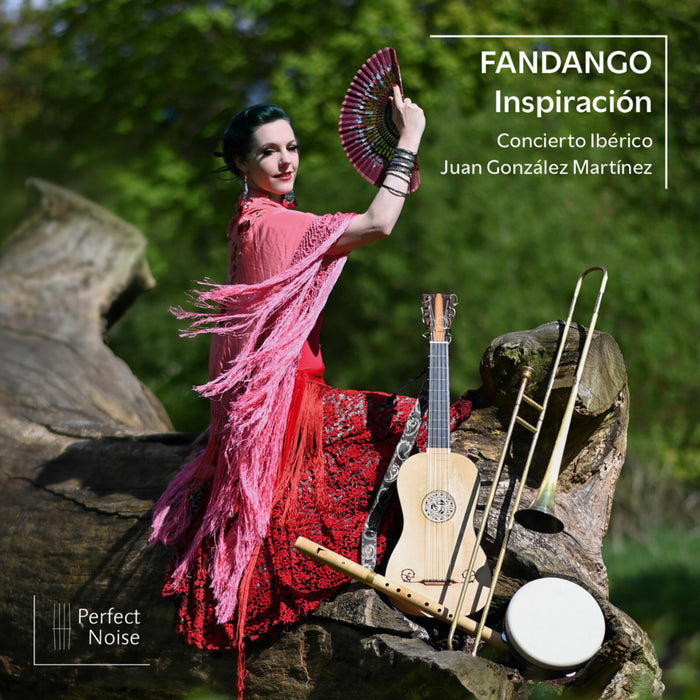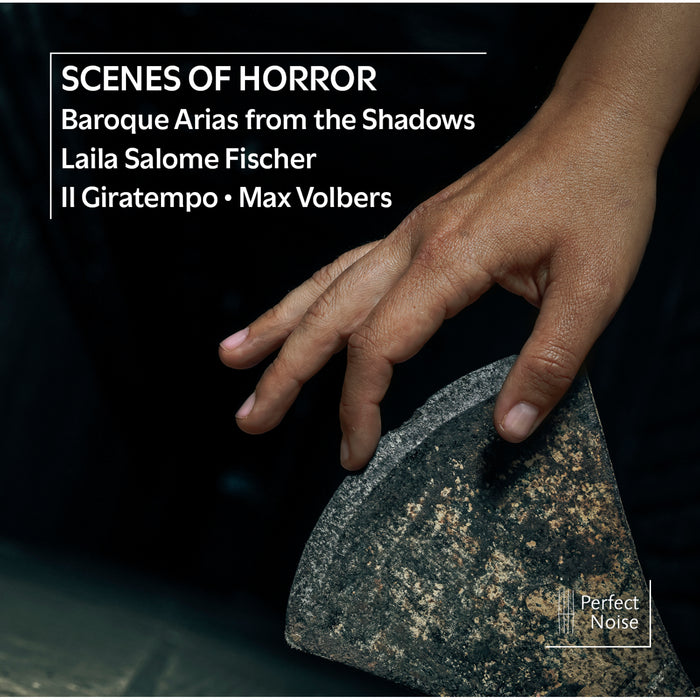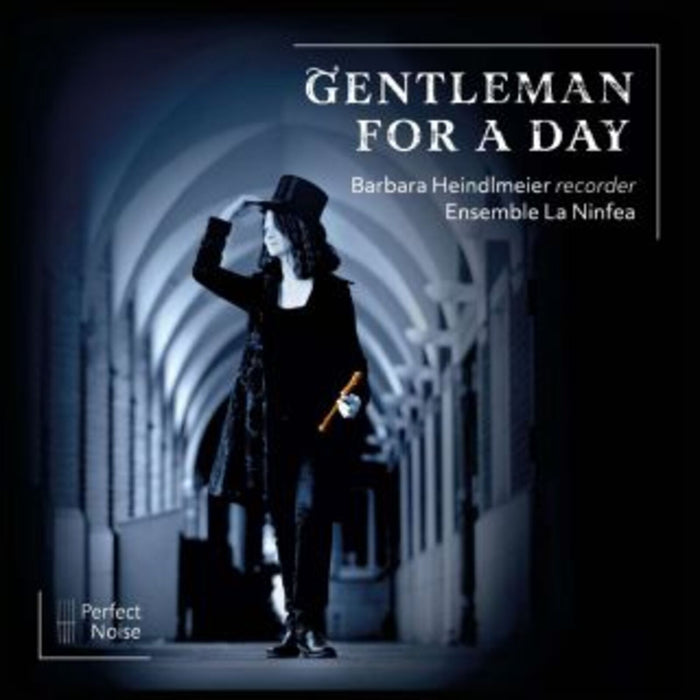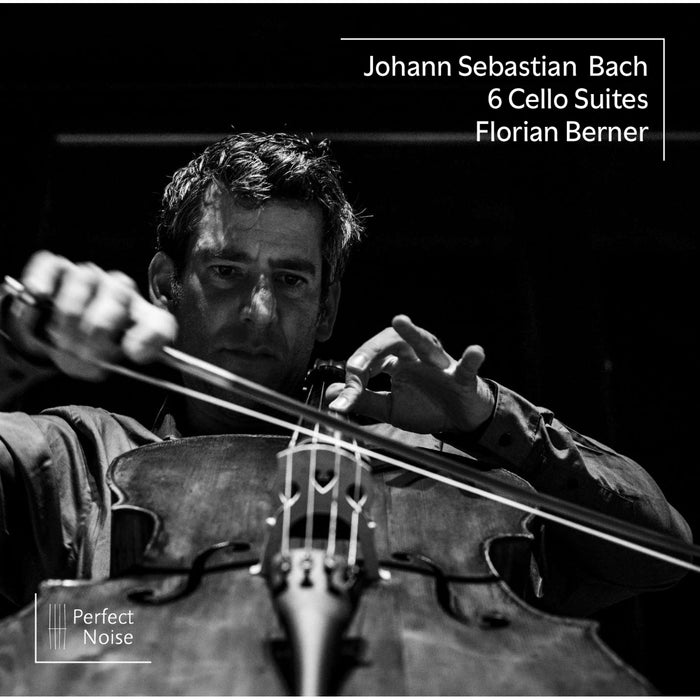Description
Loneliness, shock, mourning, fear - and comfort, contact, love: during the Baroque period in the 17thand 18thcenturies, these are musical leitmotifs. They are examined in innumerable variations on the term 'soul'. This 'something', the existence of which, at least during the pre-Enlightenment Baroque, was unchallenged; this 'something' called the soul, which in songs, chants andconcertiusually ends up in distress. Themes straight out of life find expression directly in the music: existential angst, illness, the omnipresence of death, war...
Just as the world around 1600 was changing at a breakneck pace, thinking and feeling was similarly evolving at the time which Isabel Schicketanz's programme invites us to immerse ourselves in. And this word 'immerse' leads us already into the centre of this shift in thought: from science (the heliocentric system), to philosophy (Descartes "cogito, ergo sum") to the arts, a change in consciousness occurred and human beings, in all their psychological and physical dimensions, became immensely more significant.
Music of the (early) Baroque evokes sympathy, provides opportunities for identification and serves as a vehicle for moral or religious teaching. And finally, the Baroque musical 'exploration of the soul' as a soundtrack of life can and intends to give support, comfort and strength. Soprano Isabel Schicketanz's recording displays this impressively. It is a compilation of towering works from the 17thcentury, such as the almost existential scream "Eile, mich, Gott zu erretten" ("Hurry, God, to rescue me") by Heinrich Schutz. The programme reaches further, though, into what we would today call cultural breadth: works by composers who moved in illustrious court circles, but also had an eye for everyday cultural life in larger and smaller towns.The works are moving and tenderly formed - valuable discoveries from the practically overflowing treasure trove of central German culture - by composers such as Heinrich Albert, Johann Theile, Matthias Weckmann or David Pohle. The common link between these men is that they were all students of Heinrich Schutz. Not only did the Dresden court Kapellmeister fuel musical progress in central Europe through his compositions; as teacher, mentor, appraiser and advocate, he equally served to bring the future of music on its way.
With the works on this recording, Isabel Schicketanz takes a path that first leads us listeners into darkness, letting us explore the shadow regions of the soul. A second group of works, from Heinrich Schutz's "Ich harrete des Herren" ("I waited patiently for the Lord"), portrays a person who lives and loves, who has tasted all aspects of life and can pass on these experiences (of life and faith). The third and final part begins with Heinrich Alberts "Dass alle Menschen sterben" ("That all people die"). The certainty of death is expressed, however, with the promise of coming salvation. A certain serenity can be heard, an inner smile and light that is built on deeper insights into life and the soul.
This musical exploration of the soul is pure and direct. Soprano Isabel Schicketanz proves herself a bold artist, going out into the open, allowing a kind of vulnerability, and thus giving the 'soul comfort' room to open, where it can unfold and show itself. With this programme, she takes an approach of concentration and reduction - and It is precisely through this reduction of outer means that a great range of emotions, and yes, insights into life, shine in the nuances and shadings of the music. And then, there they are: the goose-bump moments that reach our souls.









